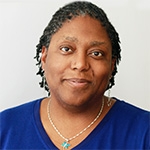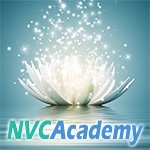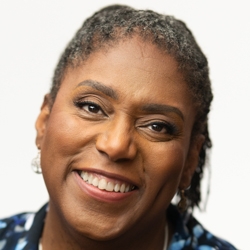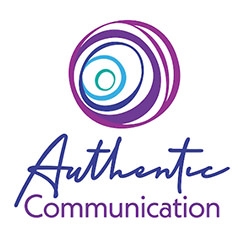

Search Results: authenticity
-
Jeff Brown shows how connection requests invite authentic feedback and stronger workplace bonds.
-
Explore how to apply NVC in workplaces like construction, even when openness seems limited.
-
Interested in bringing NVC consciousness to your workplace, but want to use a natural and conversational way of speaking? Listen in as Jeff describes three specific skills you can apply immediately: #1: How to express your understanding of a co-worker’s needs; #2: How to apply the three dimensions of needs in a business setting; and #3: How to make a Symbiotic Request that acknowledges holding multiple needs.
-
Lorraine Aguilar shows how translating judgments builds NVC listening skills for workplace success.
-
Join Jori and Jim Manske to explore, learn and practice the art of receiving the word "no," re-framing it from fear into fun.
-
Join Jori and Jim Manske to explore, learn and practice an NVC approach to mourning and celebration.
-
Miki Kashtan explains that OFNR, or Classic NVC, is a practice tool, not for real-life use.
-
CNVC Certified Trainer Miki Kashtan discusses how focusing on connection and care can guide us in expressing honestly and offering empathy.
-
CNVC Certified Trainer Miki Kashtan explains how NVC's OFNR process is a tool to train our consciousness, rather than the "correct" way to speak.
-
CNVC Certified Trainer Miki Kashtan explains has developed a path to teaching NVC without relying on OFNR: Principle-based Teaching.
-
CNVC Certified Trainer Miki Kashtan explains how naturalizing NVC language involves self care and begins with accepting what is true in the moment.
-
Join Roxy Manning for a provocative fishbowl discussion about how privilege and lack of privilege affect people of color.
-
Join Dian Killian and Mary Mackenzie for a provocative fishbowl discussion about how privilege and lack of privilege affect women.
-
Join Alan Rafael Seid for a provocative fishbowl discussion about how privilege and lack of privilege affect men.
-
Join Jeff Brown for a provocative fishbowl discussion about how privilege and lack of privilege white people.
-
In October 2018, CNVC Certified Trainer Gitta Zimmerman held her 6th international workshop for people working with children in Ruhpolding, Germany. This workshop video offers NVC learning games, complete with instructions!
-
How do you navigate tension around honoring all aspects of your experience, as you express yourself within your community, and seek to take action that supports your vision for yourself and your people? How do you attend to your self-determination while honoring others’ path? Read on for an example of how the authors navigated this in response to tensions in NVC trainer community that included requests for her to self silence.
-
- Celebrate and nurture your relationship to the Earth — and each other!
- Explore your connections to family, partner, work, nature, self and more
- Discover new ways to grow in community and work together to make this world a better place
- Engage and immerse yourself in NVC while making new friends!
-
Healthy differentiation is key to personal growth, learning and thriving relationships. When healthy differentiation is present, you can discern what's true for you and what you are and aren't responsible for in an interaction, and can be fully who you are in the presence of others. There are a number of ways you can become aware of and cultivate healthy differentiation. Let’s look at two here: self-connection and autonomy.
-
As human beings, our inherent goodness makes most of us believe in equality and yet sometimes our conviction in this same 'goodness' may make us blind to the reality of our own behavior. We are so convinced about the innocence of our intention that we seize to look at the impact of our behavior and thus our unconscious biases often go unexamined and unchallenged. Diversity, equity and inclusion work will only be of lip-service until we are willing to look at our own unconscious biases. Listen as Anisha Pandya encourages you to look at the possibility of how our self-awareness is so limited and one of the ways of expanding that awareness is by moving beyond our intention, looking at the impact of our behavior and remaining open to feedback.

Quick Links
Subscription Preferences
Stay In Touch!
Looking for ways to keep up with NVC Academy news, get special offers, free resources, or words of inspiration? Here are five ways to stay engaged:

















